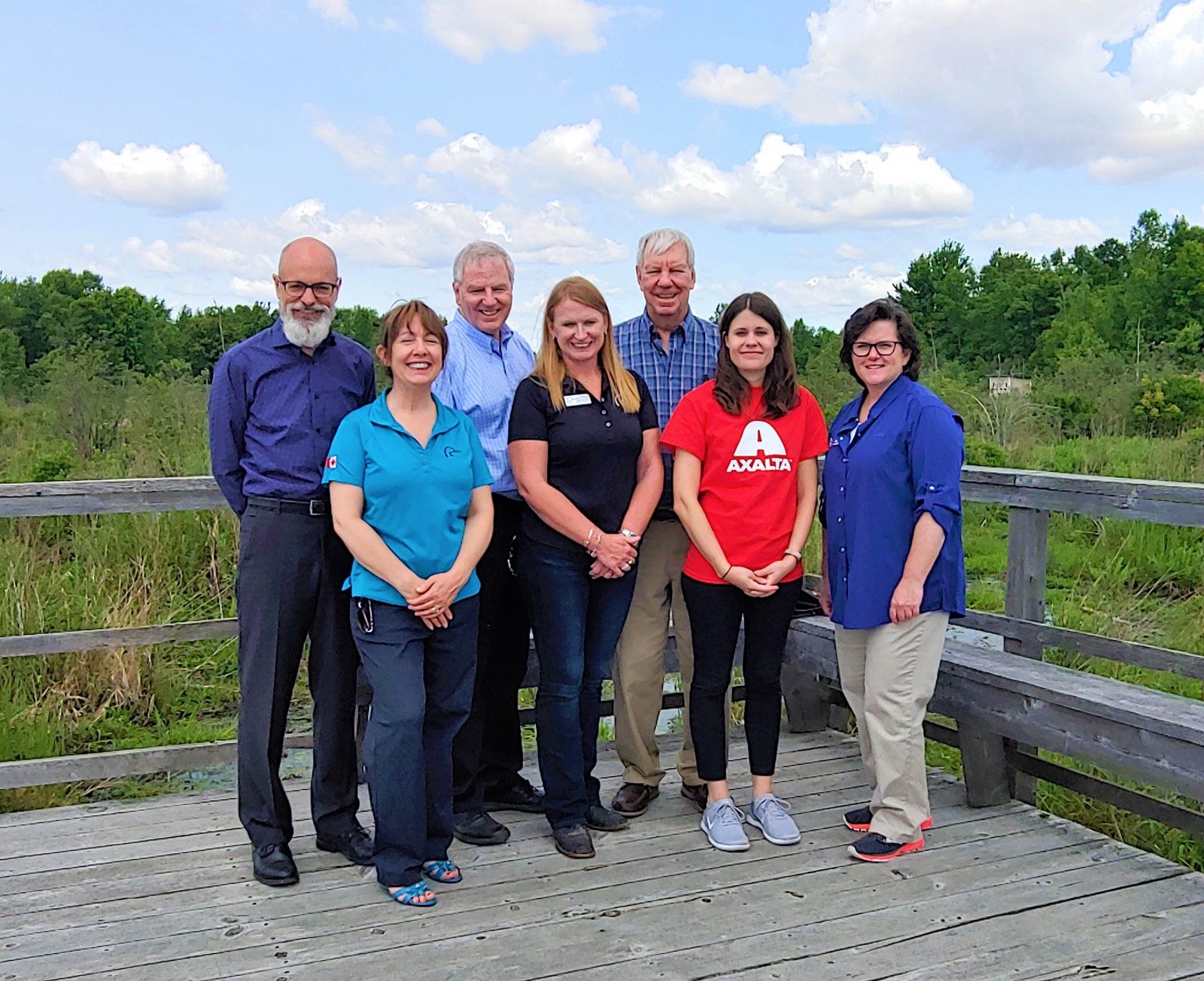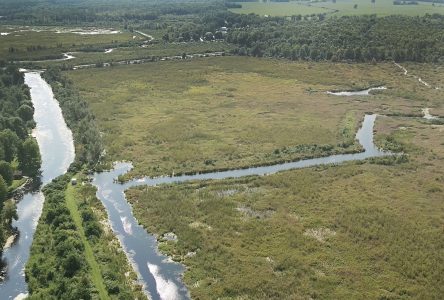LANCASTER, Ontario – Cooper’s Marsh Conservation Area recently had part of its wetland restored and purged of invasive species thanks to some help from Ducks Unlimited Canada (DUC).
Over the past year, DUC has worked to remove Phragmites, a tall invasive plant species from the wetland. Phragmites choke out the native plant life that supports many bird species that live in the marsh.
“The work completed at Charlottenburgh Marsh showcases the important relationship between conservation and recreation. We strive to find ways of balancing the protection of our natural areas with public access and enjoyment,” said Karla Guyn, CEO for DUC. “We’re fortunate to have many partners who share our commitment and support conservation projects that benefit wildlife and communities.”
Cooper’s Marsh is home to 130 recorded species of bird, including the black tern, who’s populations are declining in Ontario. Prior to DUC’s work to restore the wetland, the black tern had not been seen in the marsh for years.
“The Raisin Region Conservation Authority has been a diligent caretaker of Charlottenburgh Marsh for almost 30 years,” said Richard Pilon, General Manager for Raisin Region Conservation Authority. “We’re pleased the restoration will ensure that visitors continue to enjoy a healthy coastal wetland ecosystem with abundant wildlife into the future.”
The Cooper’s Marsh Conservators, a local group that supports many activities at the conservation area, said they are excited to see the wildlife that is returning.
“Outdoor education is a major focus for the Cooper Marsh Conservation Area,” said Robin Poole, on behalf of the Cooper’s Marsh Conservators. “It’s a pleasure to share the wonders of wetlands and wildlife in the marshes with a new generation, including exceptional sights like nesting Sandhill cranes and the black terns which returned in the summer as a result of changes in the marsh this year.”
The project was made possible in part thanks to the help of Axalta Coating Systems, a company which operates in Cornwall and provided significant financial support to the restoration of the wetlands.




